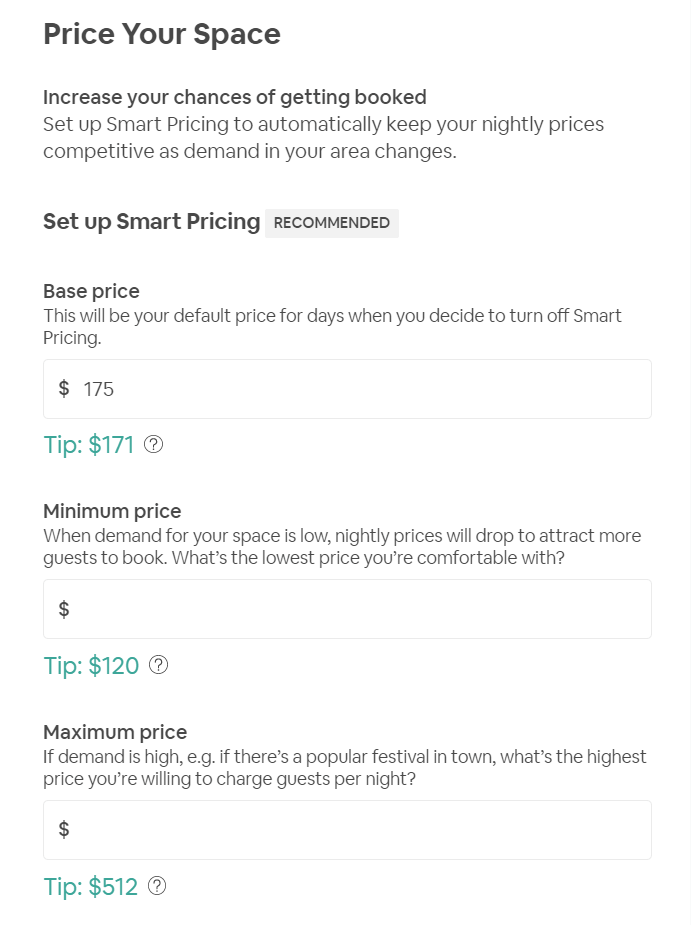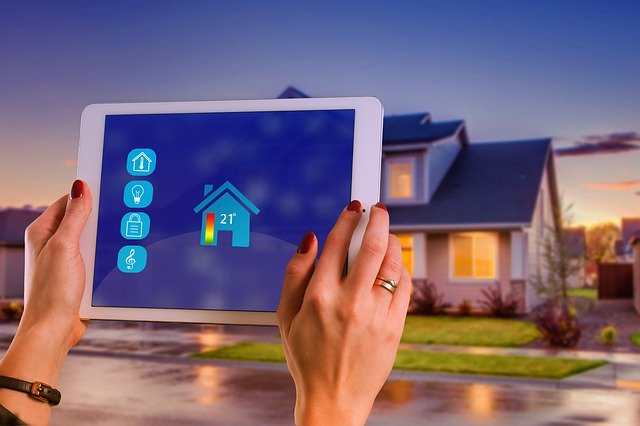Blog - Month: December 2019
Month: December 2019
Housing Market Predictions for 2020
A new year is just days away, and realtors and investors are busy reading up on what happened in the housing market in 2019 to get a better idea of what to expect in 2020. Overall, it’s been a hot year for home sales, but as the trend of higher mortgage rates and limited inventory are looming, 2020 may be the start of a cooldown. What does that mean for you? 2020 may not be a huge growth year for home sales, but the housing market is still expanding to meet demand. There’s still a lot to look forward to for people selling their homes, and prices may be a little more attainable for home shoppers. While it’s impossible to predict exactly what will happen in this year, here are a few industry predictions that may impact homeowners and sellers: Mortgage Rates Will Go Up Borrowing money to buy a house is about to get more expensive. The mortgage industry average has been sitting below 4% interest for a while, but this may be the year that the average finally hits that ceiling. For sellers, when mortgages are more expensive, fewer people will borrow money to buy a home. That means selling a house may take longer. For buyers, this can postpone a home purchase or limit your options in an already scarce market. Overall, more expensive mortgages could mean fewer home purchases overall. There Will Be More Budget Shoppers Since mortgages are more expensive, home shoppers are going to be more
How to List Your Home on Airbnb in Northeast Ohio
Ohio First Land Title’s intro guide to listing your home on Airbnb. Weekly grocery deliveries, on-demand handymen, instant rides from Uber and Lyft — apps have completely transformed how people do businesses and order services. There’s an unprecedented, personal level of access for consumers, and average people everywhere can easily make money for themselves through an app. So, what does that mean for you? If you’re a homeowner, you can make some extra cash by renting out a spare room for travelers with Airbnb. By now, you’ve probably heard of this “room-sharing” trend, and with more than 150 million users worldwide, it’s easier than ever to get started. Here’s How to List on Airbnb If you want to jump in on the Airbnb trend, it’s pretty easy to create an account and post a listing. Here’s how to make a new listing online in 7 steps: 1. Visit Airbnb.com and click “sign up” in the top right corner. 2. Create an account with Facebook, Google or an email address. 3. When you’ve made an account, click “Become a Host,” then “List your place.” 4. Enter specific info about your listing like “Home Type,” “City” and “Amenities” in Step 1. 5. Add custom, specific details about your home with photos to
Three Smart Home Upgrades that Improve Home Value
The 2010’s were the decade of the “internet of things” — when household items like vacuums and thermostats and got “smart” by connecting to the internet. While this tech industry buzzword isn’t as hyped as it was a few years ago, smart home technology is still having a moment. These days, it’s hard to find an appliance or home gadget that doesn’t have some type of convenient, connected feature to automate your daily life. More than a passing fad, demand for connected home gadgets and devices also continues to grow — more than half of all homes in the United States will be “smart homes” by 2023! Homeowners across the U.S. are actively upgrading their homes with convenient smart features, and in some markets, homebuyers expect properties to come equipped with some tech. If you’re considering some smart home upgrades for your own house, apartment or condo, here are a few popular choices that can make your home more sellable and even improve your home's value! Smart Thermostats Programmable thermostats have been around for a long time, but smart thermostats have some extra remote and cost-saving features that make them extremely popular. Newer models like the Nest Learning Thermostat can control temperatures by room, keeping heat or AC on in the rooms you’re in most frequently and limiting how much energy is used to heat or cool a room t



